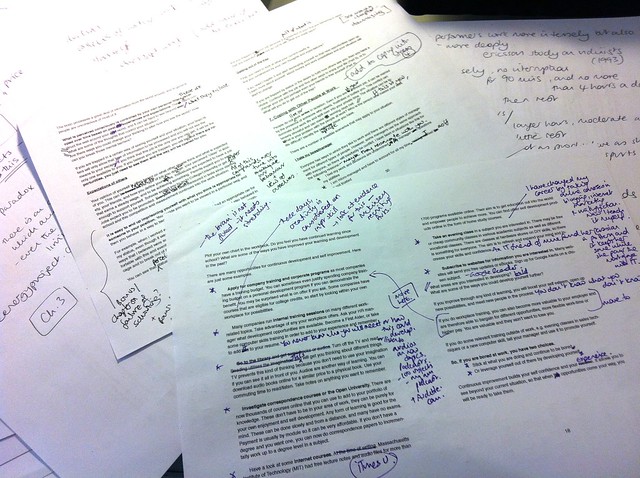
I wrote a few weeks ago about the importance of learning to say “no.” Sometimes, you have to say no to ideas — even ones you like — to make sure that you have the opportunity to focus on more important things.
But there’s an key corollary to that concept: Part of learning how to say no is learning when to leave something out of your work.
There’s a wonderful essay from John McPhee, in The New Yorker, about the power of omission. He writes:
Writing is selection. Just to start a piece of writing you have to choose one word and only one from more than a million in the language. Now keep going. What is your next word? Your next sentence, paragraph, section, chapter? Your next ball of fact. You select what goes in and you decide what stays out. At base you have only one criterion: If something interests you, it goes in—if not, it stays out. That’s a crude way to assess things, but it’s all you’ve got. Forget market research. Never market-research your writing. Write on subjects in which you have enough interest on your own to see you through all the stops, starts, hesitations, and other impediments along the way.
McPhee is writing specifically about the process of writing — but his words apply to any sort of work. Whatever you put your attention or your time into, you have to choose what to leave out, what to say no to. What’s left should be what matters most.
———
That photo of an edit in progress was taken by Joanna Penn and used here thanks to a Creative Commons license.
